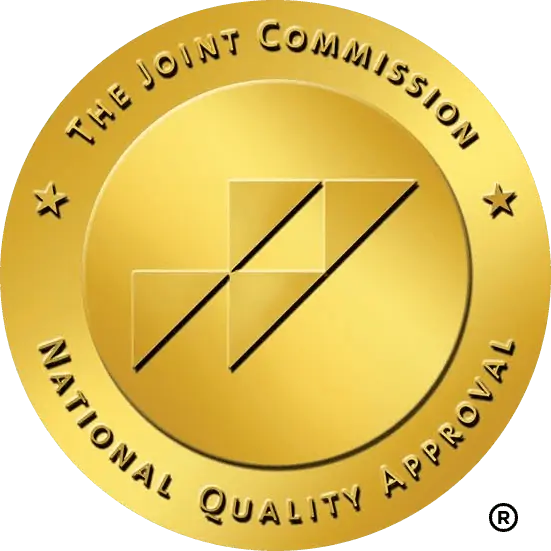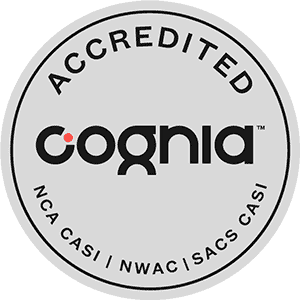There are Several Accepted Methods of Treating Substance Abuse
This is a comprehensive but by no means an exhaustive list of substance abuse treatment methods:
Psychosocial Treatment
The basic principles explain that if a substance abuser/user is to remain drug-free and sober, follow-up treatment is mandatory, most often with psychiatric help and additional help from community resourcesl. Some of the recommended life-style and environmental modifications that have to occur are: avoiding drug friends/people, places, and things related to the user’s substance of choice use should be encouraged.
Initial psychosocial treatment should focus on confronting denial, teaching the disease concept of addictions, fostering an identification as a recovering person, recognition of the grave consequences of cocaine abuse, avoiding situational cues, conflicting social mores that stimulate craving, and formulation of support plans. Periodic urine tests (for various drugs such as: cocaine, heroin, etc..) should be planned to ensure compliance.
Treatment outcome is affected more by such factors as employment status, family support, and degree of antisocial features than by initial motivation for treatment.
PsychoTherapeutic Treatment
Studies have shown that heavy cocaine users, similar to other heavy substance abusers, suffer from chronic anxiety, depression, and feelings of inadequacy. The drug abuse, in these situations, is a symptom of the problem not than the main problem bothering the user. Young men and women can benefit from psychotherapy when faced with similar situations.
Psychotherapy can be useful when the therapy focuses on the reasons for the person’s substance abuse. The experiences and drug’s effect on the user both past and present must be given priority. The aid of a loving friend, parent or colleague is one of the most beneficial adjuncts to successful therapy.
The therapist must be watchful for return of cocaine-related activities, attitudes, friendships, and paraphernalia. Alcohol and other mood-altering drugs should be avoided, since they may disinhibit behavior and lead to relapse. Concurrent psychiatric or personality disorders should be treated with attention to the interaction with cocaine disorder.
Treatment of clearly defined attention deficit disorder or bipolar or unipolar depression should proceed along with attention to the addiction.
Anonymous Meetings
New self-help groups are created regularly and usually have regular attendance and safe locations available. Most Anonymous groups are patterned after Alcohol Anonymous and Narcotics Anonymous standards.
Medical Treatment
Usually adverse effects of marijuana intoxication do not lead to professional attention. There is no adequately documented case of a fatality in a human being. Pure marijuana abuse rarely requires inpatient or pharmacological treatment, and detoxification is not necessary.
Since marijuana may be one of many drugs abused, total abstinence from all psychoactive substances should be the goal of therapy.
Periodic urine testing should be used to monitor abstinence.
Cannabinoids can be detected in the urine up to 21 days after abstinence in chronic abusers due to fat redistribution; however, one to five days is the normal urine positive period. Thus, beginning drug monitoring needs to be interpreted accordingly.
Antianxiety Drugs
Antianxiety drugs are occasionally needed to treat severe cannabis-induced anxiety or panic.
If the patient was using cannabis for anxiety reduction, an antianxiety drug should be considered as substitution therapy.
Antipsychotic Drugs
Antipsychotic drugs are occasionally needed to treat protracted, cannabis-induced psychosis.
Antidepressant Drugs
If the patient was using cannabis for alleviation of depression, an antidepressant should be considered as substitution therapy.








